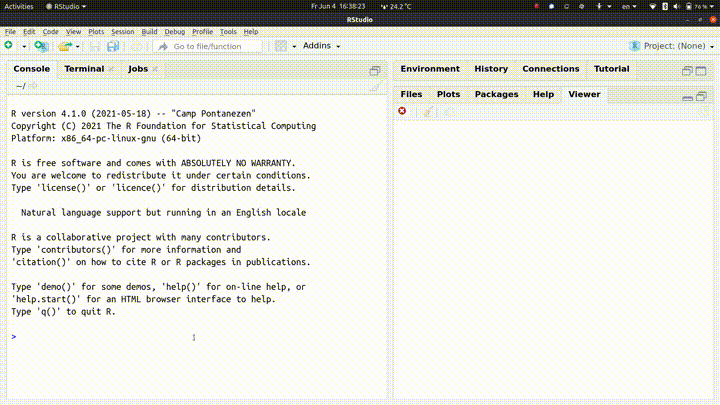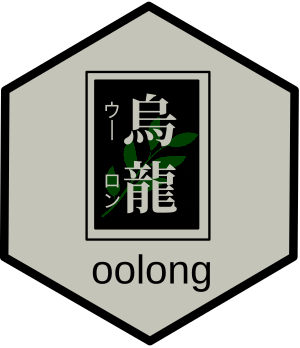
The goal of oolong [1] is to generate and administrate validation tests easily for typical automated content analysis tools such as topic models and dictionary-based tools.
Please refer to the overview for an introduction to this package. If you need to deploy the test online, please refer to the Deployment Vignette. If you use BTM, please refer to the BTM Vignette.
Citation
Please cite this package as:
Chan C-h. & Sältzer M., (2020). oolong: An R package for validating automated content analysis tools. Journal of Open Source Software, 5(55), 2461, https://doi.org/10.21105/joss.02461
For a BibTeX entry, use the output from citation(package = "oolong").
Contributing
Contributions in the form of feedback, comments, code, and bug report are welcome.
- Fork the source code, modify, and issue a pull request.
- Issues, bug reports: File a Github issue.
Code of Conduct
Please note that the oolong project is released with a Contributor Code of Conduct. By contributing to this project, you agree to abide by its terms.
- /ˈuːlʊŋ/ 烏龍, literally means “Dark Dragon”, is a semi-oxidized tea from Asia. It is very popular in Taiwan, Japan and Hong Kong. In Cantonese and Taiwanese Mandarin, the same word can also mean “confused”. It perfectly captures the spirit of human-in-the-loop validation.
